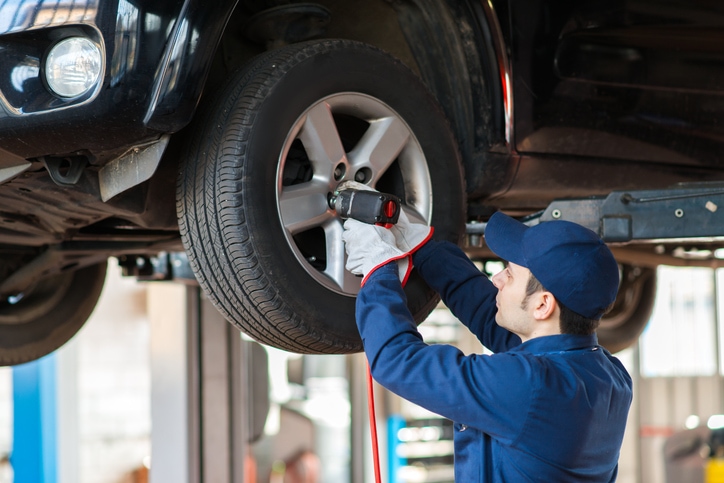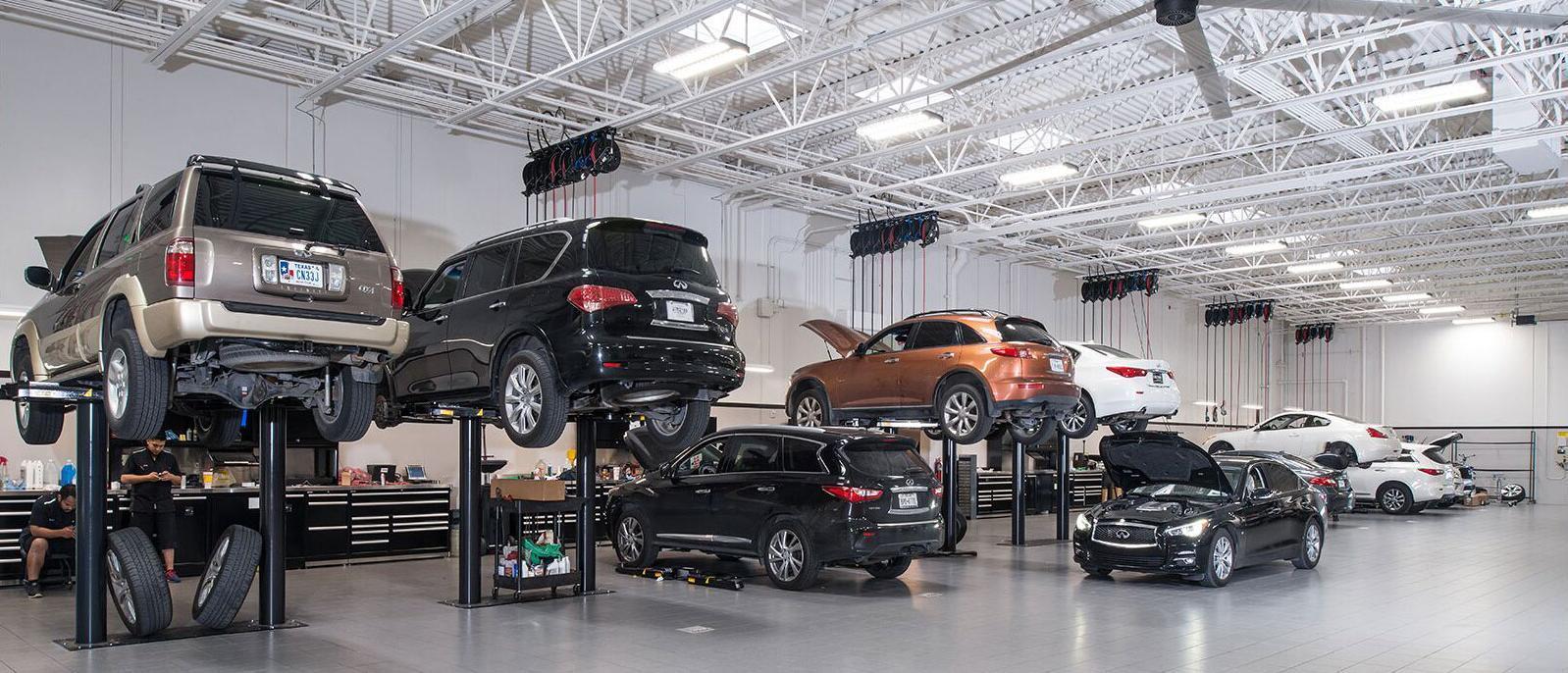All Categories
Featured
When your auto gets too hot, it can seem like a significant emergency situation, yet remaining calm and adhering to the appropriate actions can stop significant engine damage and assistance obtain you back when driving securely. In this blog post, we'll explore what to do if your automobile overheats and supply preventative tips to lower the risk of overheating in the future.
What to Do If Your Cars and truck Overheats. Draw Over to a Safe Area The initial and essential step if your automobile begins to overheat is to pull over to a risk-free place asap. Activate your risk lights and lead your automobile to the shoulder or into a car parking whole lot. Maintaining your auto running while it's overheated can trigger severe damage to the engine, so it's critical to close the engine off immediately.
Let the Engine Cool Down Once you have actually safely stopped, allow the engine to cool off. You need to never try to open the radiator cap while the engine is still hot, as the launch of steam or hot coolant can cause burns. Wait a minimum of 15-20 minutes to allow the engine temperature to drop to a more secure degree prior to proceeding.
![]()
Examine the Coolant Level After the engine has cooled down, check the coolant levels by inspecting the storage tank or radiator. Leading it off with a combination of coolant and water (as defined by your lorry's producer) if it's reduced. Constantly utilize care when opening the coolant tank, as pressure may have built up.
Search For Visible Leaks While you wait for the engine to cool, aesthetically check the radiator, hose pipes, and coolant storage tank for any visible leaks or splits. A dripping radiator or pipe is an usual source of getting too hot. If you find a significant leakage, it's much better to call a tow solution than risk driving further and triggering additional damage.
Reactivate the Engine After permitting the engine to cool down and making sure the coolant is completed, start the engine and check the temperature level gauge. If the temperature level remains to climb quickly, it's finest to shut the engine off and ask for roadside support or a tow to the closest technician.
![]()
How to stop Getting Too Hot in the Future. Regularly Check Coolant Degrees Among the easiest methods to stop getting too hot is by keeping the appropriate level of coolant. Over time, coolant can vaporize, so frequently check the coolant levels in the reservoir. Low coolant degrees can trigger the engine to get too hot quickly, so leading it off as needed.
Inspect the Radiator The radiator plays a vital role in maintaining the engine cool. Occasionally inspect the radiator for any kind of clogs, dirt, or debris that could obstruct air movement. If you discover any type of signs of damage, such as rust or leaks, have it repaired or changed as quickly as feasible.
The thermostat regulates the flow of coolant, while the water pump circulates it with the engine. If either part is malfunctioning, it can prevent proper air conditioning.
Flush the Air conditioning System Gradually, coolant can weaken and come to be ineffective, triggering an accumulation of debris in the system. Flushing the cooling system every 30,000 miles, or as advised in your car's handbook, assists to eliminate any sludge or buildup and makes certain the cooling system is operating appropriately.
Screen the Problem of the Pipes The hoses in your car's air conditioning system can use out or fracture gradually. Inspect the hoses for any kind of indicators of wear, such as bulging, fractures, or leaks, and replace them if needed. Stopping coolant leakages can go a lengthy method in staying clear of getting too hot.
![]()
Drive Sensibly Aggressive driving, such as speeding up swiftly or driving at high rates, puts added strain on your engine and its cooling system. Attempt to drive at modest rates, particularly on warm days or when driving on high slopes, to lower the possibilities of overheating.
Stay Clear Of Straining Your Vehicle Bring extreme weight in your vehicle places anxiety on the engine and air conditioning system. Always be conscious of your automobile's weight limit, especially if you're carrying hefty tons, towing a trailer, or driving cross countries in warm weather condition.
Verdict. An overheating cars and truck can be a frightening experience, but knowing how to react and stop it can conserve you time, money, and prospective engine damages. Constantly examine your coolant degrees, examine vital elements like the radiator, thermostat, and pipes, and follow a normal upkeep routine. By staying on top of your automobile's cooling system, you can reduce the risk of getting too hot and appreciate a smoother, safer driving experience.
What to Do If Your Cars and truck Overheats. Draw Over to a Safe Area The initial and essential step if your automobile begins to overheat is to pull over to a risk-free place asap. Activate your risk lights and lead your automobile to the shoulder or into a car parking whole lot. Maintaining your auto running while it's overheated can trigger severe damage to the engine, so it's critical to close the engine off immediately.
Let the Engine Cool Down Once you have actually safely stopped, allow the engine to cool off. You need to never try to open the radiator cap while the engine is still hot, as the launch of steam or hot coolant can cause burns. Wait a minimum of 15-20 minutes to allow the engine temperature to drop to a more secure degree prior to proceeding.

Examine the Coolant Level After the engine has cooled down, check the coolant levels by inspecting the storage tank or radiator. Leading it off with a combination of coolant and water (as defined by your lorry's producer) if it's reduced. Constantly utilize care when opening the coolant tank, as pressure may have built up.
Search For Visible Leaks While you wait for the engine to cool, aesthetically check the radiator, hose pipes, and coolant storage tank for any visible leaks or splits. A dripping radiator or pipe is an usual source of getting too hot. If you find a significant leakage, it's much better to call a tow solution than risk driving further and triggering additional damage.
Reactivate the Engine After permitting the engine to cool down and making sure the coolant is completed, start the engine and check the temperature level gauge. If the temperature level remains to climb quickly, it's finest to shut the engine off and ask for roadside support or a tow to the closest technician.

How to stop Getting Too Hot in the Future. Regularly Check Coolant Degrees Among the easiest methods to stop getting too hot is by keeping the appropriate level of coolant. Over time, coolant can vaporize, so frequently check the coolant levels in the reservoir. Low coolant degrees can trigger the engine to get too hot quickly, so leading it off as needed.
Inspect the Radiator The radiator plays a vital role in maintaining the engine cool. Occasionally inspect the radiator for any kind of clogs, dirt, or debris that could obstruct air movement. If you discover any type of signs of damage, such as rust or leaks, have it repaired or changed as quickly as feasible.
The thermostat regulates the flow of coolant, while the water pump circulates it with the engine. If either part is malfunctioning, it can prevent proper air conditioning.
Flush the Air conditioning System Gradually, coolant can weaken and come to be ineffective, triggering an accumulation of debris in the system. Flushing the cooling system every 30,000 miles, or as advised in your car's handbook, assists to eliminate any sludge or buildup and makes certain the cooling system is operating appropriately.
Screen the Problem of the Pipes The hoses in your car's air conditioning system can use out or fracture gradually. Inspect the hoses for any kind of indicators of wear, such as bulging, fractures, or leaks, and replace them if needed. Stopping coolant leakages can go a lengthy method in staying clear of getting too hot.

Drive Sensibly Aggressive driving, such as speeding up swiftly or driving at high rates, puts added strain on your engine and its cooling system. Attempt to drive at modest rates, particularly on warm days or when driving on high slopes, to lower the possibilities of overheating.
Stay Clear Of Straining Your Vehicle Bring extreme weight in your vehicle places anxiety on the engine and air conditioning system. Always be conscious of your automobile's weight limit, especially if you're carrying hefty tons, towing a trailer, or driving cross countries in warm weather condition.
Verdict. An overheating cars and truck can be a frightening experience, but knowing how to react and stop it can conserve you time, money, and prospective engine damages. Constantly examine your coolant degrees, examine vital elements like the radiator, thermostat, and pipes, and follow a normal upkeep routine. By staying on top of your automobile's cooling system, you can reduce the risk of getting too hot and appreciate a smoother, safer driving experience.
Latest Posts
Recognizing Roof Warranties: What Homeowners Must Know
Published May 23, 25
1 min read
Explore Cut Costs on Car Maintenance with Montclare Auto Repair’s Exclusive Deals
Published May 21, 25
1 min read
Selecting the Right Roofing System Shade: Influence On Power Efficiency
Published May 19, 25
1 min read
More
Latest Posts
Recognizing Roof Warranties: What Homeowners Must Know
Published May 23, 25
1 min read
Explore Cut Costs on Car Maintenance with Montclare Auto Repair’s Exclusive Deals
Published May 21, 25
1 min read
Selecting the Right Roofing System Shade: Influence On Power Efficiency
Published May 19, 25
1 min read